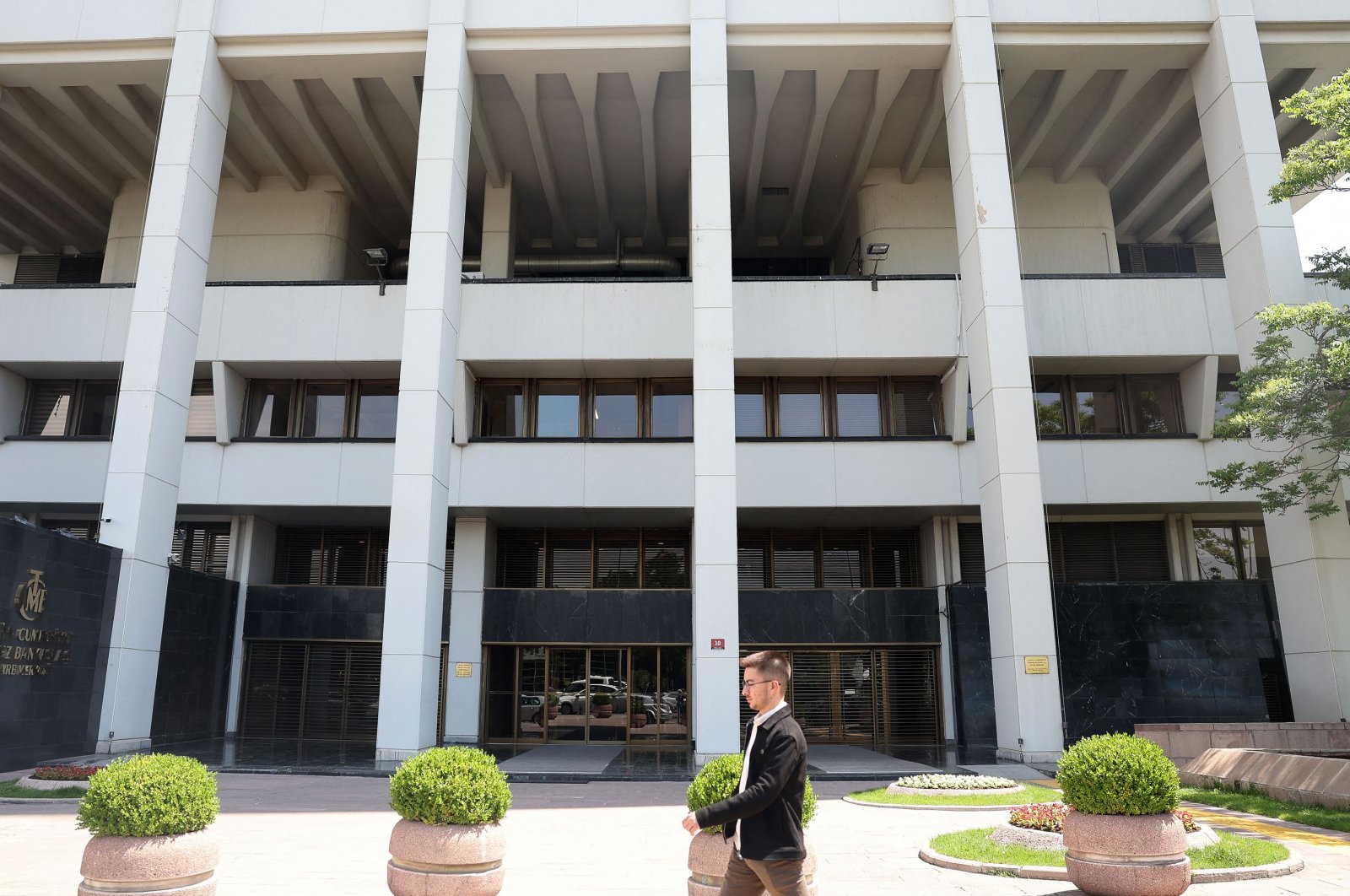Explained | With Turkey delaying Sweden`s NATO bid, how has Stockholm addressed Ankara`s concerns?
COMMERCIAL BREAK
SCROLL TO CONTINUE READING
The foreign affairs commission of the Turkish parliament on Thursday (Nov 16) delayed a vote on Sweden’s NATO membership bid, again holding up the expansion of the inter-governmental military alliance. Addressing a press conference on Thursday, commission chairperson Fuat Oktay said the commission would hold further talks and may bring back the vote next week. However, Oktay did not set a clear timeline.
“For all of our lawmakers to approve Sweden’s NATO membership, they need to be fully convinced. We will discuss all of these in our (next) commission meeting (on the issue),” Oktay told reporters. He also said that the commission could pass bills by a simple majority, adding it might invite the Swedish ambassador to brief lawmakers if needed and if parliament’s regulations allow.
The postponement comes days after Turkish President Recep Tayyip Erdogan said he would try to facilitate the ratification process.
Why the postponement?
Thursday’s vote on Sweden’s membership of NATO was delayed after lawmakers from President Recep Tayyip Erdogan’s Justice and Development Party submitted a motion for postponement on the grounds that some issues needed clarification and that negotiations with Sweden had not matured enough.
For ratification, the membership bill needs to be approved by the Turkish parliament’s foreign affairs commission before being put to a full parliament vote, which could come days or weeks later. President Erdogan would then sign it into law to conclude the process.
As Russia launched a war against Ukraine in February last year, Sweden and Finland made bids to join NATO. All 30 members of the inter-governmental military alliance have to ratify a country’s membership.
The process of Sweden and Finland joining NATO was held up by Turkey and Hungary. Earlier this year, Turkey and Hungary ratified Finland’s bid, but both the member states have kept Sweden waiting.
Now there are two reasons for the delay:
> Turkey has accused Sweden of being too lenient towards groups that Ankara regards as threats to its security, including Kurdish militants and members of a network that Ankara blames for a failed coup in 2016.
> Turkey has also been angered by a series of demonstrations by supporters of the banned Kurdistan Workers’ Party, or PKK, in Sweden as well as Quran-burning protests.
The delay also comes as Turkey has been at odds with its Western allies over the ongoing war between Israel and Gaza, and its tough diplomacy over the ongoing conflict in Ukraine has also angered some allies. Turkey maintains good relations with Moscow and Kyiv, opposing Russia’s invasion but also the Western sanctions on Russia.
What concessions has Sweden made?
During a NATO meeting in Madrid last year, Turkey struck an agreement with Sweden as well as Finland in which the two Nordic countries would lift arms embargoes and take measures against members of PKK, and the Gulen movement that Turkey holds responsible for the failed 2016 coup.
Last year, Sweden reversed a ban on exporting military equipment to Turkey but did not reveal details of companies or products. In June this year, it introduced a new anti-terrorism bill that makes being a member of a terrorist organisation illegal, saying that it had upheld its part of the deal.
A report by the news agency Reuters on Thursday said that in recent months, a top court in Sweden blocked the extradition of two Turks that Ankara said were Gulenists, while an appeals court upheld the conviction of a man for attempting to finance the PKK.
And amid growing criticism of Turkey and other Muslim-majority countries over incidents of Quran burning, Swedish Justice Minister Gunnar Strommer said that Stockholm was examining whether it could change the law to stop people from burning the Muslim holy book in public.
Finland, meanwhile, agreed last year to consider granting arms export permits to Turkey on a case-by-case basis.
What is the status of Sweden’s NATO bid?
The Turkish parliament’s foreign affairs commission will now hold further discussions on Sweden’s membership bill as soon as next week. If the commission backs the bill, Turkey’s full general assembly would hold a vote, possibly within days or weeks, Reuters reported.
On Tuesday, the speaker of Turkey’s parliament told his Swedish counterpart they were hoping to complete ratification “as soon as possible.”
Since submitting the bill to parliament in October, Erdogan has said he will try to facilitate ratification but added that Stockholm still had not taken enough action against Kurdish militants.
From Nov 28-29, NATO foreign ministers will meet in Brussels and before these dates, Sweden’s membership bid has to be approved by Turkey as well as Hungary. However, Turkey is being seen as the main roadblock to Sweden’s accession.
On Thursday, the US ambassador to Hungary said he had been assured by the Hungarian government that Budapest would not be the last to ratify Sweden’s bid, adding he was “confident” Stockholm would soon be a NATO member.
(With inputs from agencies)


